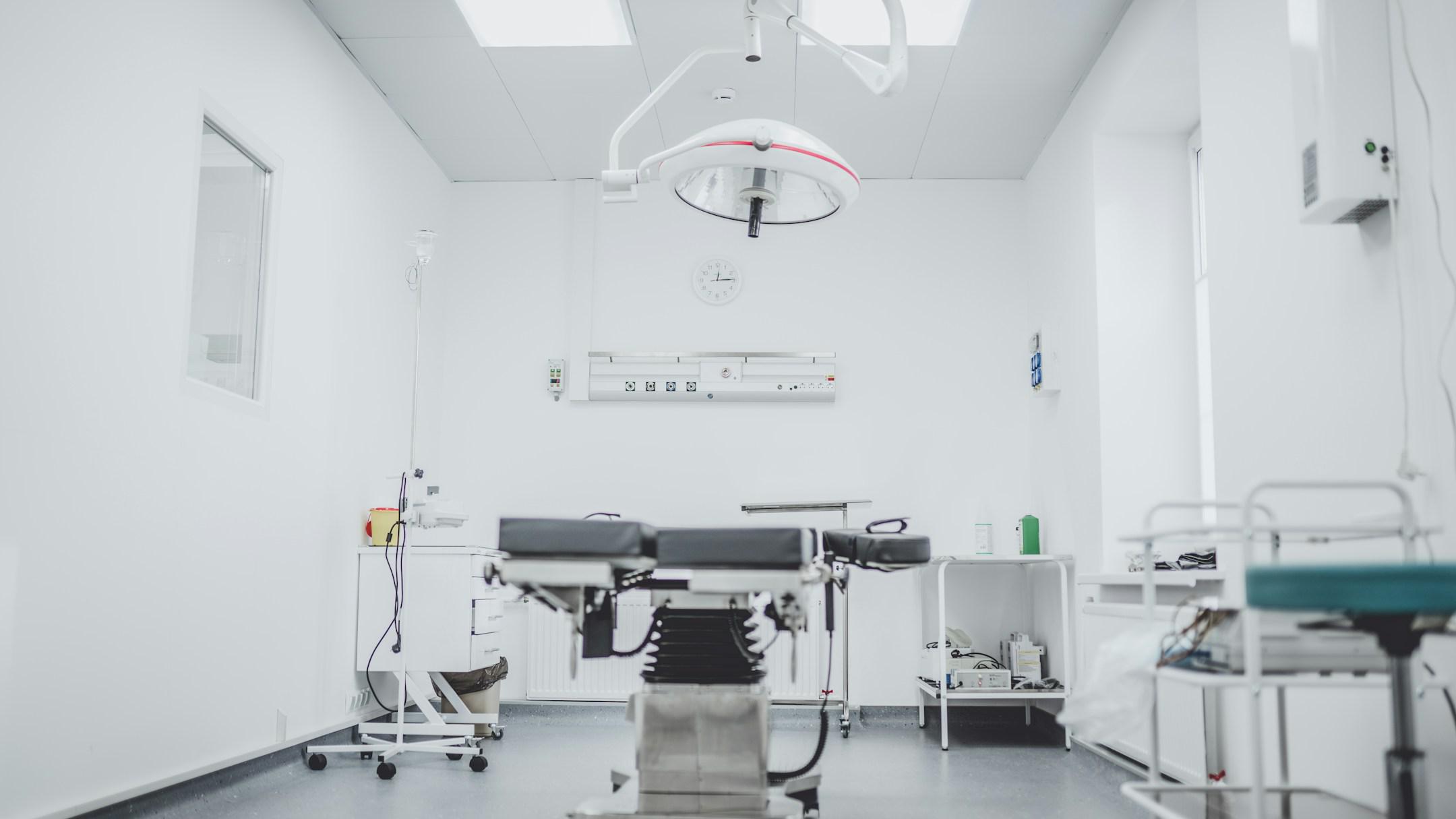
Are you experiencing testicle pain? It could be a sign of a condition called epididymitis. This inflammatory condition can cause discomfort and swelling in the testicles, and it's important to understand the causes, symptoms, and potential complications.
In this blog post, we will discuss what epididymitis is, its symptoms, causes, complications, and how doctors diagnose this condition. By the end of this post, you'll have a better understanding of what to look out for and when to seek medical attention if you are experiencing testicle pain.
Epididymitis is a medical condition that involves inflammation of the epididymis, a coiled tube located behind the testicles. This inflammation is often caused by a bacterial infection, although it can also be the result of other factors such as trauma or certain medications. The most common symptom of epididymitis is acute testicle pain, which can range from mild discomfort to severe, debilitating pain. Other symptoms may include swelling, redness, and warmth in the scrotum, as well as pain during urination or ejaculation. If left untreated, epididymitis can lead to complications such as abscess formation, chronic pain, infertility, and even the spread of infection to other parts of the body.
Complications of epididymitis can also include the formation of scar tissue within the epididymis, which can lead to blockages and infertility. In some cases, the infection may spread to the testicle itself, resulting in a condition known as epididymal orchitis. Despite these potential complications, epididymitis is generally a treatable condition, especially if diagnosed and addressed promptly. By understanding the causes, symptoms, and potential complications of epididymitis, individuals can seek timely medical attention if they experience testicle pain or other concerning symptoms.
Epididymitis is an inflammation of the epididymis, a coiled tube located at the back of the testicle. One of the most common symptoms of epididymitis is testicle pain, which can range from mild discomfort to severe pain. The affected testicle may also become swollen and tender to the touch, and there may be redness and warmth in the scrotum. In some cases, the pain may spread to the groin or lower abdomen. It's important to note that testicle pain can also be caused by other conditions, such as testicular torsion or a hernia, so it's essential to seek medical attention if you experience persistent or severe testicle pain.
Other symptoms of epididymitis may include redness and inflammation of the scrotum, painful urination, and discharge from the penis. These symptoms may be accompanied by fever and chills, indicating a possible infection. If you experience any of these symptoms, particularly in combination with testicle pain, it's crucial to see a healthcare provider promptly for an accurate diagnosis and appropriate treatment.
When a patient presents with symptoms of epididymitis, the doctor will first conduct a physical examination to assess the severity of the pain and swelling in the scrotum. The doctor may also inquire about the patient's medical history and sexual activity to determine if there are any potential risk factors for epididymitis. Tests such as a urine sample or a swab of the urethra may be taken to check for any signs of infection, as well as a blood test to look for signs of inflammation. In some cases, imaging tests such as an ultrasound may be ordered to visualize the epididymis and rule out other potential causes of testicular pain.
Once the doctor has gathered all necessary information and conducted the appropriate tests, a diagnosis of epididymitis can be confirmed. It is essential for the doctor to determine the underlying cause of the condition, whether it be bacterial or non-bacterial, in order to provide the most effective treatment plan for the patient. By accurately diagnosing epididymitis, the doctor can help the patient alleviate their symptoms and prevent any potential complications that may arise.
Epididymitis can be extremely serious for men and is typically caused by a bacterial infection that occurs as a result of sexually transmitted infections (STIs). We offer affordable online doctor visits and are available days, nights, and weekends. You don’t need an appointment or insurance for our services.
Contact us at 972-928-0742 for more information!
Stay updated on our news and events! Sign up to receive our newsletter.